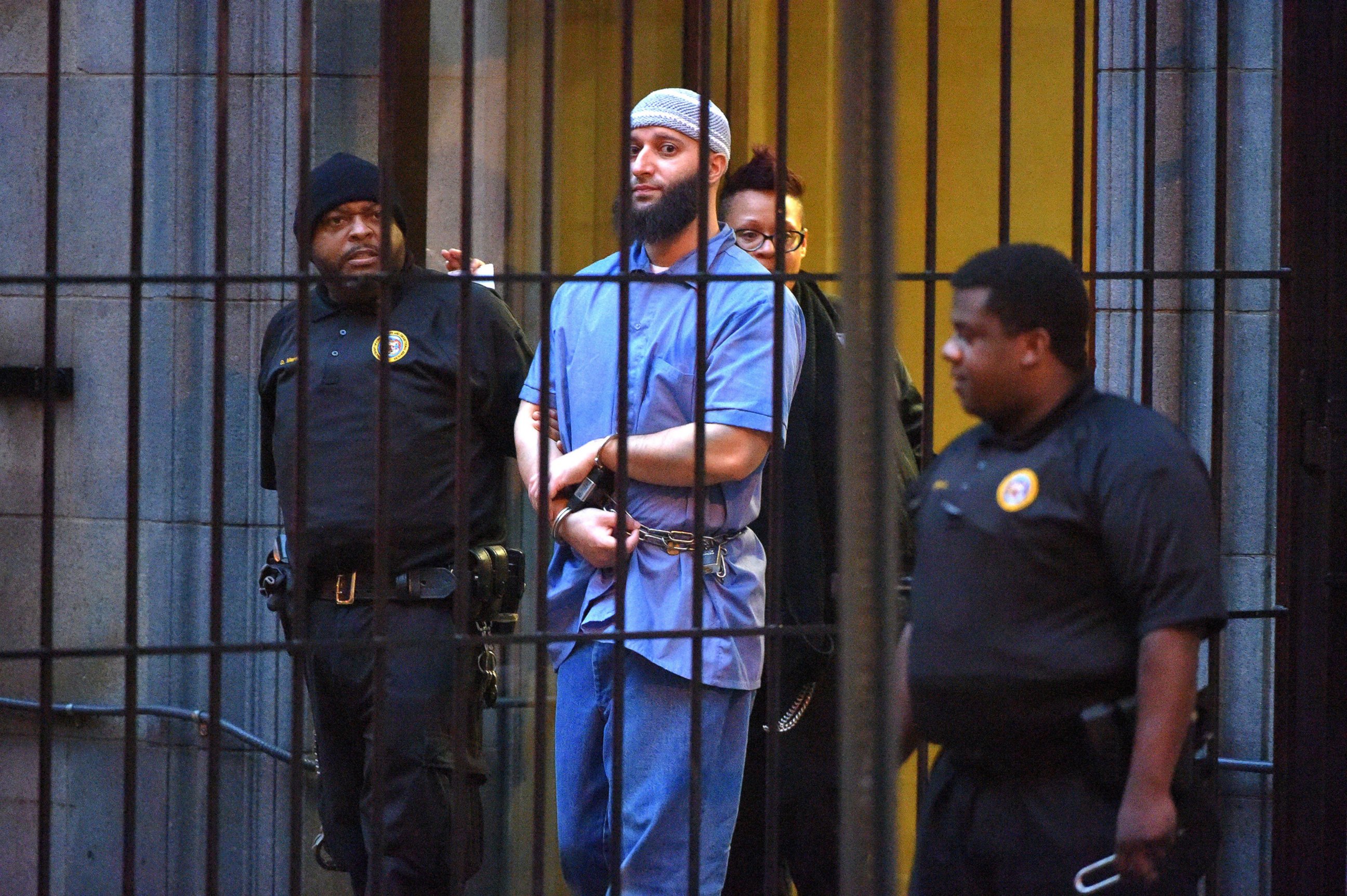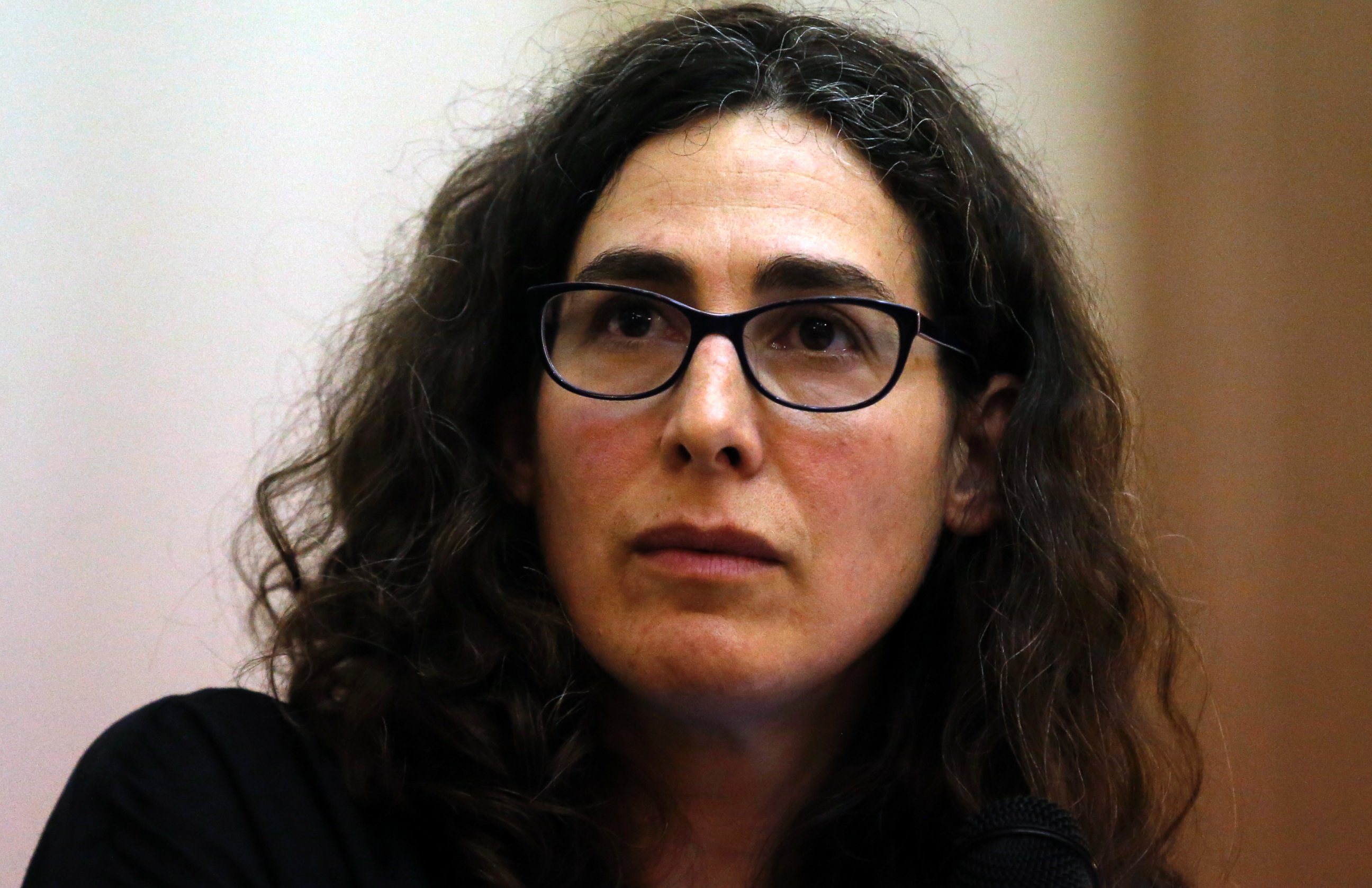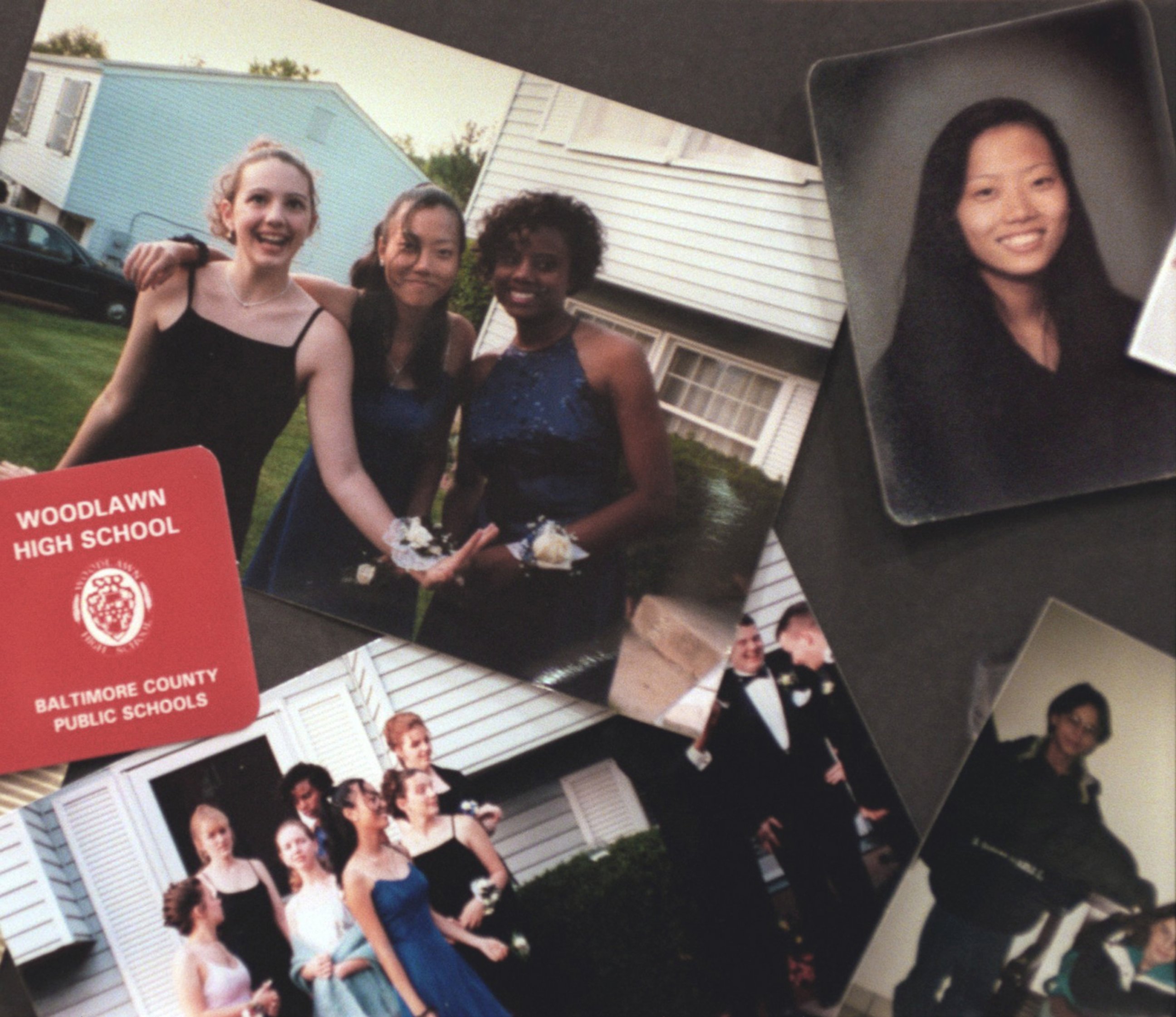Adnan Syed of 'Serial': What We Know So Far as Retrial Decision Looms
The world anxiously awaits for a judge to decide whether Syed gets new trial.
— -- Fans of the hit podcast "Serial" may soon learn the latest twist in the case of Adnan Syed, who was convicted in 2000 for the murder of his former high school girlfriend. A judge is expected to decide in the coming days or weeks whether he will be granted a retrial based on new evidence.
Syed was found guilty and sentenced to prison for the killing of Hae Min Lee, but the "Serial" investigation raised doubts over the quality of Syed’s defense team and its apparent failure to call a potential alibi witness to testify. Several key pieces of evidence used against him, mainly cellphone tower evidence have also been called into question.
Earlier this year, Syed was allowed to enter in new evidence during a second post-conviction hearing.
Here’s a recap so far.
The Crime
Syed, now 34, is serving a life sentence plus 30 years after being convicted of killing his high school girlfriend, Hae Min Lee, in 1999. Syed and Lee were both students at Baltimore’s Woodlawn High School. Lee went missing in January 1999 and was found weeks later, strangled and buried in a six-inch grave in Leakin Park, a few miles from the school.

The Conviction
Prosecutors obtained a conviction against Syed in large part based on two key things. First, the testimony of Jay Wilds, a cooperating witness and drug dealer who told multiple inconsistent versions of events and later admitted publicly that he made up parts of his trial testimony against Syed. Second, cellphone tower evidence, a nascent technology at the time, that was used to corroborate Wilds’ story that placed Syed where Lee's body was eventually found.
AT&T, the telephone company responsible for the cellular network, had explicitly written to the State of Maryland that the information was not considered reliable information for location, but it was used anyway.
Challenging the Conviction
Syed’s case has taken a convoluted route through the Maryland courts. His first trial in 1999 ended in a mistrial after a juror overheard the trial judge refer to his lawyer as a liar. He was convicted after the second trial on June 26, 2000. Syed appealed to the Court of Special Appeals, but his conviction was affirmed.
He then filed a post-conviction petition in 2010, and hearings were conducted at the Circuit Court in 2012. The original post-conviction petition centered on an alibi witness, Asia McClain. Syed presented evidence that McClain remembered being with Syed in a public library at the time when, according to the State of Maryland, the murder took place.
Syed also established that this information was conveyed to his then-lawyer Cristina Gutierrez (proven by references to McClain found in Gutierrez’s notes). Finally, Syed established that McClain was willing to testify at Syed’s trial, but that nobody from the defense team ever contacted her for her testimony.
But, on December 2013, the Circuit Court denied the post-conviction petition.
Enter: 'Serial'
It was a trial that garnered mostly local interest, but it wasn’t until the 2014 podcast "Serial" was released that Syed gained international fame. The podcast blew open the prosecution’s 1999 case against Syed, with narrator and producer Sarah Koenig raising questions about shoddy police work, unreliable evidence, and ineffective counsel.

A Glimmer of Hope
A retired Baltimore City circuit court judge listened to five days of testimony, including from alibi witness Asia McClain Chapman. Chapman had offered her side of the story years before when Syed was initially arrested, but his then-lawyers never paid heed. Syed’s lawyers called that grounds for ineffective counsel and demanded a new trial.
In March, Syed also filed a post-hearing motion to supplement the post-conviction record with two letters that were sent to the court. One letter was sent by the State; the other was sent by University of Maryland Law School professor Michael Millemann.
A 'Big Piece of the Puzzle'
McClain Chapman said she previously wrote to Syed twice to say that she was with him that afternoon and that she was willing to speak up if needed.

The first question Syed’s lawyer C. Justin Brown asked her on the stand:
“Were you with Adnan Syed on January 13, 1999, at Woodlawn High School after school?”
Her answer? “Yes.”
In an interview with ABC News, McClain Chapman says she has a personal message for Syed. “I would just personally apologize that I didn’t come forward in 2010.”
Brown described McClain as a “big piece of the puzzle.”
In Memory of Hae Min Lee
Family members of Hae Min Lee are convinced Syed is her killer.
“The events of this past week have reopened wounds few can imagine,” the family said in a statement released by the Maryland Attorney General’s office during Syed’s post-conviction proceedings. “It remains hard to see so many run to defend someone who committed a horrible crime, who destroyed our family, who refuses to accept responsibility, when so few are willing to speak up for Hae. She stood up for what was right, regardless of popular opinion.”
In Syed's Words
“I’m incredibly grateful for the opportunity to present new evidence before the court. I’m incredibly grateful for the love of my family and friends who stood by me all this time,” Syed said in a statement his lawyers read after his post-conviction hearing.
What Happens Now?
We wait. Retired Baltimore City Circuit Court Judge Martin P. Welch will issue a written decision in the coming days, weeks or months. He will decide whether Syed will get a new trial.




